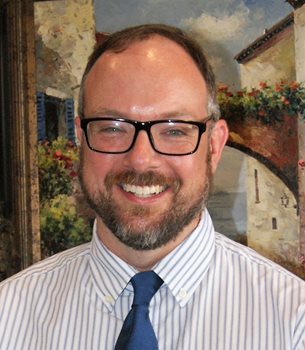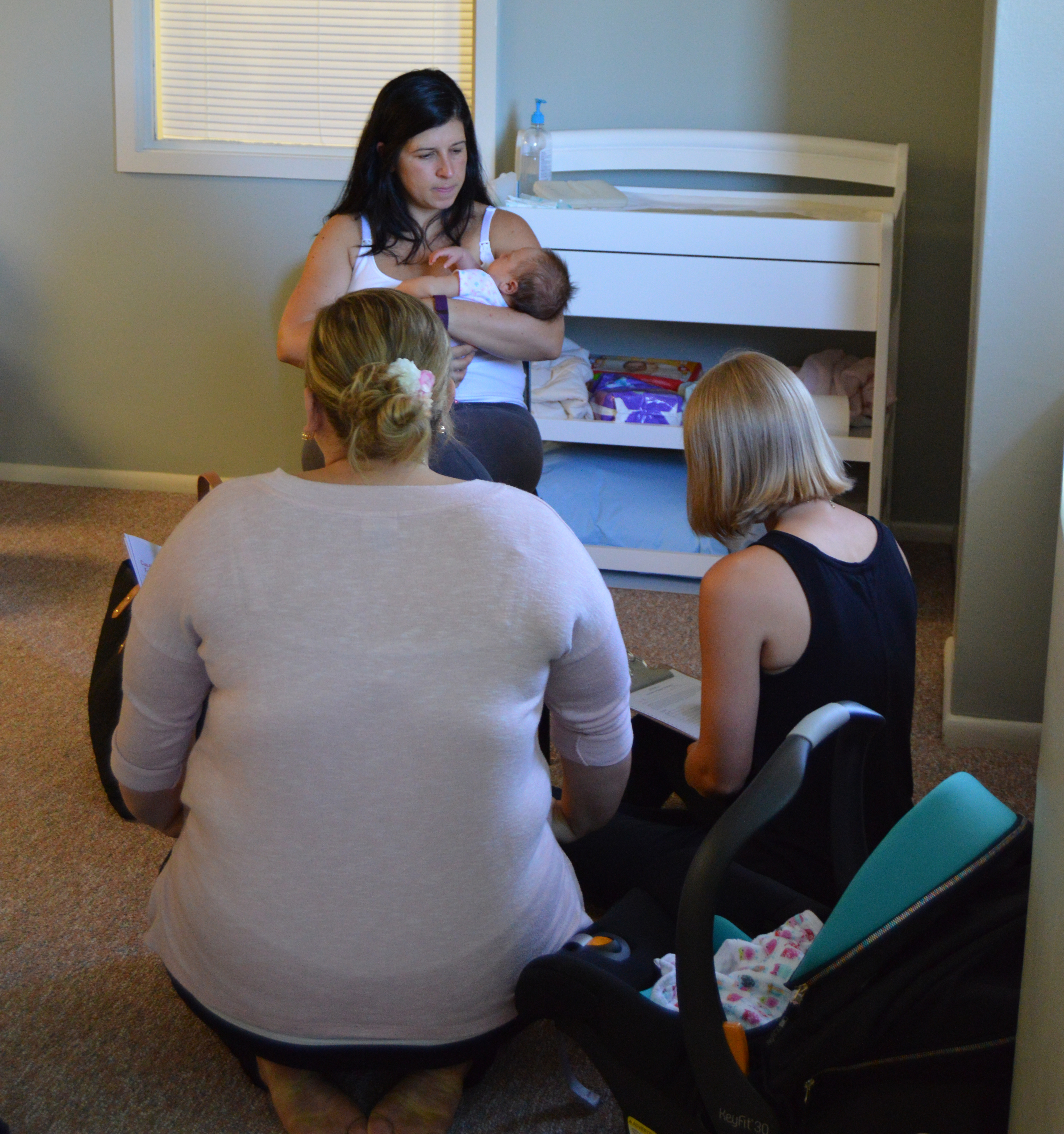SLI Clinical Educator Joins ASHA Leadership Development Program
 Eric Smith, MA, CCC-SLP, a clinical educator for the Speech-Language Institute (SLI), has joined the ranks of his professional peers as part of the American Speech-Language-Hearing Association’s (ASHA) Leadership Development Program (LDP).
Eric Smith, MA, CCC-SLP, a clinical educator for the Speech-Language Institute (SLI), has joined the ranks of his professional peers as part of the American Speech-Language-Hearing Association’s (ASHA) Leadership Development Program (LDP).
The goal of the year-long program is to encourage leadership skills and help ASHA members give back to their profession. Participants are selected through a competitive application process where they must submit a project proposal of how they exhibit leadership within a workplace, community or volunteer setting.
Upon selection, participants meet monthly for online lectures on leadership topics and are also split into smaller groups to support and provide feedback to each other on their various projects. Smith’s project will focus on a training model for parents with the goal of improving literacy among children in kindergarten and first grade. In his experience he’s found that early intervention in younger grades can make a significant difference in a child’s literacy development.
“I spend four days a week at a charter school in Philadelphia and a lot of our kindergarten and first grade students have been struggling with reading,” Smith said. “It’s been a struggle to meet their needs through traditional speech therapy so I decided that I would try a parent-training model.”
His project is loosely based on the “Sit Together and Read” model which encourages parents to schedule time to read with their child each day. He plans to provide parents with the training needed to implement the model and follow up tools to track their progress.
“Just the idea of spending 15 minutes a day reading with your child and being able to help them improve their literacy skills—it’s really amazing,” he said.
Smith joins fellow SLI Clinical Educators Patricia Mayro, MA, CCC-SLP, and Leah Morton, MS, CCC-SLP, as part of the LDP.
Mayro’s project focuses on providing comprehensive training to speech-language pathologists (SLPs) who supervise students during their clinical and externship experiences.
“As SLPs we are taught the clinical knowledge, and we’ve had supervision, but that doesn’t mean we know how to supervise; there’s no formal training that prepares you for that,” she said.
Mayro has proposed a “train the trainer” program in which a group of experienced supervisors would serve as mentors to future supervisors providing them with support, training and resources to succeed in their mentor roles. The program would also provide continuing education credits to participants in order to fulfill a recent requirement added under ASHA’s clinical supervision guidelines. Under those new regulations, at least two hours of continuing education credits will be required for all clinical supervisors.

“If we have really good supervisors then client care will improve because we’re going to be training people who really understand what they’re doing and have a real care for their clients,” Mayro said.
Whereas Morton’s project is an extension of her work with the Breastfeeding Resource Center, a community-based non-profit that provides clinical and educational breastfeeding services. In her role with SLI, Morton is responsible for teaching Salus University’s Speech-Language Pathology students how to facilitate and support new moms and identify signs of hunger in babies.
“We are developing programming with ‘Mommy and Me’ support groups to include additional collaboration with lactation consultants and educational experts,” said Morton.
The aim is to provide increased support to new moms in order to improve their child’s early speech-language skills and development. As a whole, Morton says her goal is to walk away from the leadership program with newfound skills to aid in her future endeavors.
“Being in the earlier end of my career, this program has been really rewarding,” she said. “Teaching is the direction that I want to continue in and this is a great way to develop the leadership skills that I’ll need in a more systematic way.”